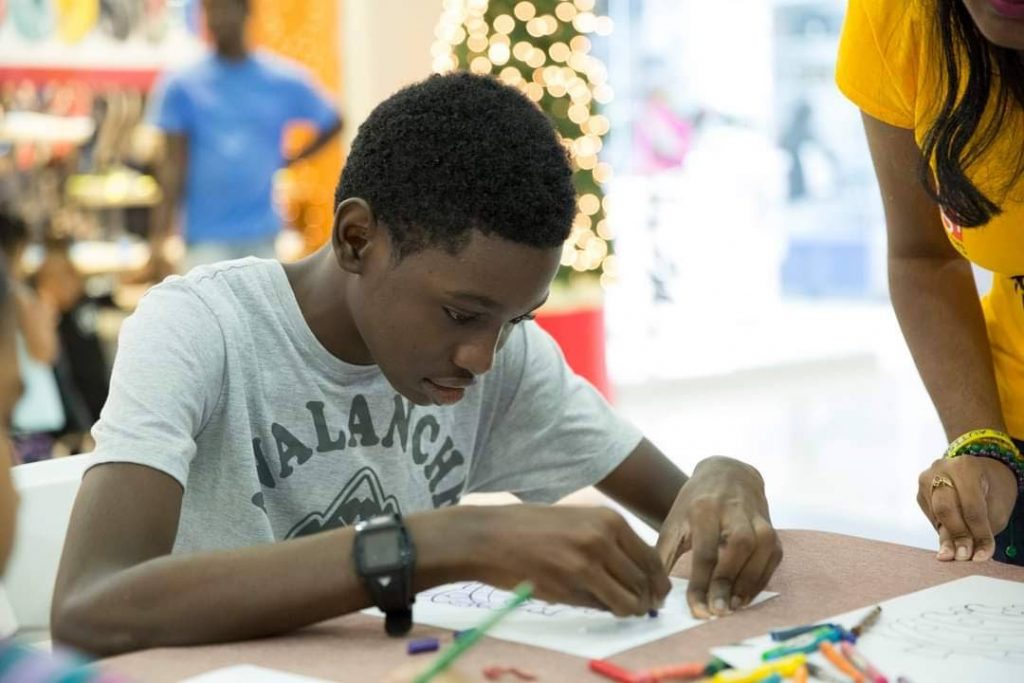The challenging journey towards SEA exam

DR RADICA MAHASE
Congratulations to all students who wrote the SEA examinations! Over the years there have been many discussions on various aspects of the SEA exam – the stress it places on students and parents, inequality in the distribution of resources, etc.
The SEA is one part of our archaic education system that is truly designed to prevent children with special educational needs from excelling. It does not take into consideration different learning styles and the format of standardised testing place many students with special educational needs at a disadvantage. The journey towards preparing a child with special educational needs, such as students on the autism spectrum, can be very challenging for students, teachers and parents.
One parent, Allison, said, “Last Thursday when many parents were celebrating with their children, I was struggling to explain to my child why he wasn’t going on to a secondary school. My son is 13 years old and was supposed to write the SEA exam this year. He was diagnosed on the autism spectrum when he was five years old.
"We were lucky to get him into a public primary school where they were willing to work with him. Primary school started off well and we felt like we could handle this, we could educate our son and he would be able to hold his own in society.
"For the first two years, Caleb did well because he had teachers who really worked with him. We applied for a teacher’s aide. However, the school got a new principal and Caleb got a new teacher. He couldn’t sit still very long and the teacher said she could not work with a child that didn’t want to learn. He wasn’t promoted to standard two. After many meetings with principal, school supervisor and guidance counsellor, the teachers from standard two upwards said that they were not trained in special needs education and would not be able to teach him. The principal said that her school was not for special needs children and she could not keep him.

"The school supervisor helped us to get him into another school and he started back standard one. He was still not assigned a teacher’s aide and the work was getting more difficult. We hired a tutor to help but by the time he reached standard four he was struggling.
"Last March, when we transitioned to online learning and Caleb entered standard five, we realised that it was too much for him. The teacher could not help him much on the online classes and after six years he still was not assigned a teacher’s aide.
"We supported him in his studies, but the whole method of teaching – the focus was on past papers only, and that made him frustrated. He started to get headaches and couldn’t sleep at night because of stress. Whenever he got low marks on a test, he would say that he is a failure. He would always run out of time for exams and would get restless during classes.
"We made a decision not to let him write the SEA exam because he was getting physically sick from the whole process.”
Sadly, Caleb’s situation is not unique. Even before covid19, there are many students, both neurotypical and students with special needs who struggle with SEA.
What is interesting is that the SEA exam shows the flaws in the implementation of the Inclusive Education Policy. On one hand, the Inclusive Education Policy states that, “All schools must recognise and respond to the diverse learning needs of their students, accommodating both different styles and rates of learning, and ensuring quality education to all through appropriate curricula, organisational arrangements, teaching strategies, resource use….”
On the other hand, the SEA exam is a standardised exam that all students are require to sit; neither the curriculum nor the structure accommodates differential learners or assessment strategies.
Furthermore, the Inclusive Education Policy states, “Inclusive education is based on equality of opportunity. All learners…shall have equal opportunities to develop their skills and abilities to the best of their potential” as well as “All children can learn and should be equally valued.”
Yet there are teachers who believe that students cannot or do not want to learn and principals who do not want children with special educational needs in their schools.
There is a major disconnect in our education system that works against students with special educational needs. The SEA exam is one of the best examples of this.
Radica Mahase is the founder/director of Support Autism T&T


Comments
"The challenging journey towards SEA exam"